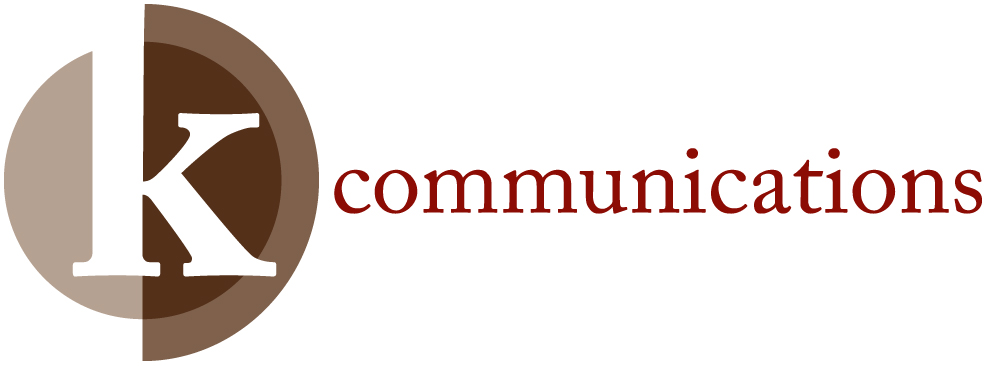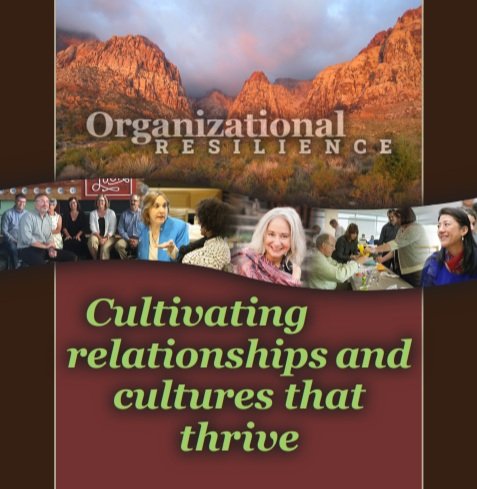Mastering Chaos: Building Agency Through Emotional Resiliency
/Have you ever experienced intense emotions at work that interfere with your capacity to focus; that create distance between you and a colleague; or generally limit your ability to do your best? Anger, frustration, hurt, anxiety, and embarrassment are just a few examples of tough emotions that challenge our potential to do great work.
Common reactions to tough emotions are to ignore, bury, pretend they don’t matter, avoid the situation or person, let it go (but not really), ruminate, make others wrong, build one’s case (and resentment), and speak poorly of others. Spoiler alert: these tactics backfire. The intense feelings get internalized and amplified, resulting in the burden of carrying an even bigger emotional load.
Emotional intelligence, the ability to recognize and understand your moods, emotions, and drives, as well as their effect on others, can make or break your job satisfaction, the possibility for meaningful, healthy relationships, and even your organization’s culture.
The beauty of delving into the complexity of emotions is that it can unearth incredible, epiphany-inducing insights. The mere act of sitting with and reflecting on the precise emotion you are experiencing can bring a deep awareness of what matters to you. By making the unconscious, conscious, we can navigate the difficult emotion with more clarity and intentionality.
Dr. Susan David, author of Emotional Agility, invites us to “go beyond the umbrella term to identify exactly what we are feeling.” For example, if we are feeling “hurt”, go deeper to understand why. Do you feel betrayed? Victimized? Jealous? Unappreciated? By understanding the emotion more accurately, we can begin to address it more effectively.
Common Workplace Flare Ups
The workplace is a petri dish of emotional energy. People get triggered. Triggers are specific stimuli that lead to an intense emotional or psychological response. (Note: for those who have experienced trauma, the intensity will be more severe). There are several predictable ways in which an uncomfortable emotion becomes embedded in drama and dysfunction. Here are three common areas:
1. Taking things personally,
2. Making assumptions, and
3. Making comparisons that results in questioning one’s value.
When negative emotions are stirred up, we often take things personally and get defensive. We attribute bad intent to the people connected to the experience. In the assumption of bad intent, we fabricate a story that feels like the truth. Misinterpretations lead to elevated tensions and decreased trust.
What might have been a simple communication breakdown, now is an unshakeable belief system – one that we defend wholeheartedly. We feel justified in our anger, we feel righteous in our position, and we stubbornly adhere to our opinions. We adorn our armor to protect where we feel most vulnerable.
Example: “She made me anxious when she asked me that question in front of everyone. That was unfair of her to put me on the spot like that. She’s trying to discredit me. The other director isn’t meeting his goals either.”
What if, in the example above, the person that asked the question respects your opinion and believes you have something to offer to the discussion. Maybe they want to give you an opportunity to shine so you may be recognized for your thought leadership. The point being the only observable fact was the person was asked a question in a group environment. The rest is chaos conjured up.
Comparing ourselves to others. Brene Brown speaks of it as “trying to simultaneously fit in and stand out”. Her research indicates that comparisons are associated with fear, anger, shame, and sadness. In the workplace, at best it could fuel healthy competitiveness, but it often causes silos, power struggles, knowledge hoarding, and gossiping.
Own Your Emotions.
When we speak of someone making us feel a certain way, we are giving our power away. Instead, the invitation is to own the emotion you are experiencing, understand what triggered it, interrogate the story you are telling yourself about it, and notice what is “underneath” all the noise. In the example above, you might acknowledge that you abhor public speaking, or perhaps you feel self-conscious about taking the spotlight because you value team recognition over individualism; or you prefer time to process before speaking, or maybe you feel insecure about your knowledge on the topic and fear making a mistake. The point is to be rigorously honest with yourself about what is transpiring for you.
Know our value, know our power. Emotional intelligence also means we have an honest assessment of our strengths and weaknesses. When we know where and how we excel, we can contribute in ways that empower us and shine the light for others.
Self-Advocacy.
We need to be our own advocates. That might include speaking up for yourself – articulating your wants, needs, or preferences. It might mean saying no and having clear boundaries. Self-advocacy can also be an invitation to actively pursue what you want to experience. It is an expression of agency.
Agency is the sense of control you feel in your life, your capacity to influence your own thoughts and behavior, the capacity to exercise autonomy in decision-making and in actions. It means you have a choice in how you respond to the emotions that trigger you. “Between stimulus and response there is a space. In that space is the power to choose our response. In our response lies our growth and our freedom.” – Viktor Frankl
The next time you feel a challenging emotion at work, lean in and be curious. How do you want to show up? The choice is yours.
///



